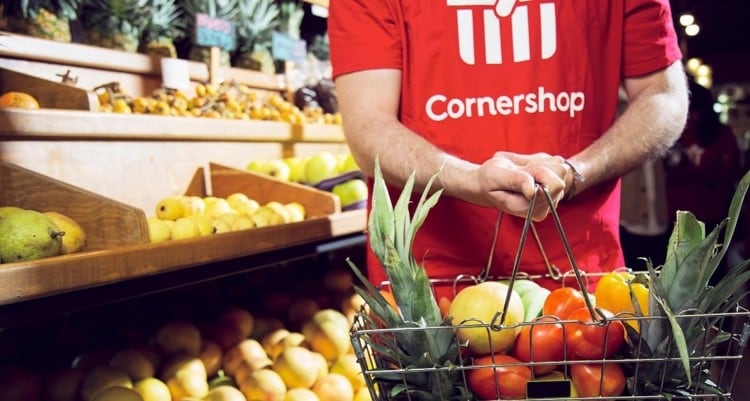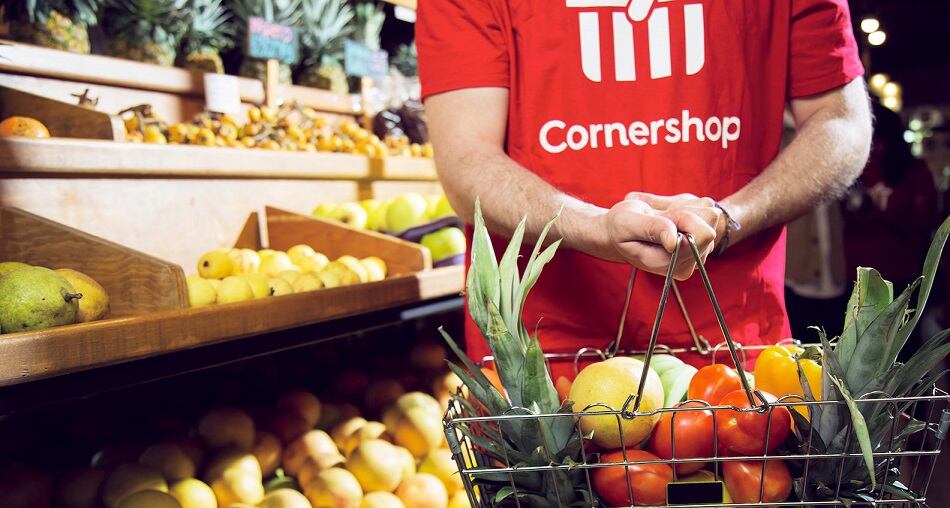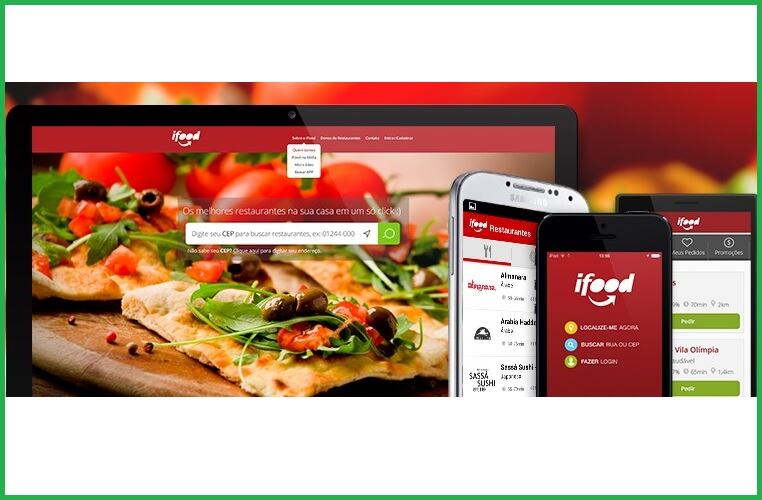Founded in 2015 by two Chilean entrepreneurs and one Swedish entrepreneur, Cornershop has expanded to become a leading online marketplace for on-demand delivery from supermarkets and pharmacies in Latin America, with thousands of individual orders each day.
In 2016, Cornershop raised US$7m in investment to fuel its growth and by 2018 it was reporting sales growth of 200%. The company is active in Chile and Mexico and in August this year, it announced plans to expand to Peru and Canada.
The Uber investment, announced last week, is expected to close in early 2020, subject to regulatory approval.
In a statement, Uber CEO Dara Khosrowshahi said the majority stake acquisition aligned with the company’s intention to move beyond its original ride-sharing service.
“Whether it’s getting a ride, ordering food from your favorite restaurant, or soon, getting groceries delivered, we want Uber to be the operating system for your everyday life,” he said, adding that the acquisition would help Cornershop scale its vision and bring grocery deliveries to millions of consumers on the Uber platform.
Neither party disclosed financial details of the transaction but said that, once the deal is closed, Cornershop would continue to operate under its current leadership, reporting to a board with a majority Uber representation.
US grocery giant Walmart announced plans to acquire the delivery service in 2018 in a bid to accelerate its omnichannel growth in Latin America but the move was blocked by Mexican regulatory authority COFECE on the grounds it would hinder competition in the country.
The analyst's view: Apps need to evolve
According to Jorge Lizan, managing director of Lizan Retail Advisors, Cornershop is “a one-stop-shop for anything related to groceries” and Uber’s move to diversify its delivery service beyond restaurant meals makes sense.
“Many big restaurant operators are developing their own apps, there is a point in which it makes more sense to do your own delivery than outsource it,” he told FoodNavigator-LATAM.
“As a result, apps will need to evolve to offer additional services. Rappi currently delivers anything, from food and groceries to money, they bring customers just about anything they might need.”
Delivery services in Latin America have boomed in recent years with players like Colombia’s Rappi and Uruguay-headquartered Pedidos Ya active in many countries across the region.
Lizan puts this down to infrastructure problems in the region’s major cities.
“Convenience is the key," he said. "Traffic and traffic jams are an issue in all major Latin American cities. Not needing to use your car, or if you don’t own a car the possibility of avoiding the crowded public transportation systems, are a big reason for the success of the delivery offering.”
Commenting on the majority stake acquisition, the co-founder and CEO of Cornershop, Oskar Hjertonsson, said Uber was “the perfect partner” to scale up its on-demand grocery delivery to many more countries around the world.




